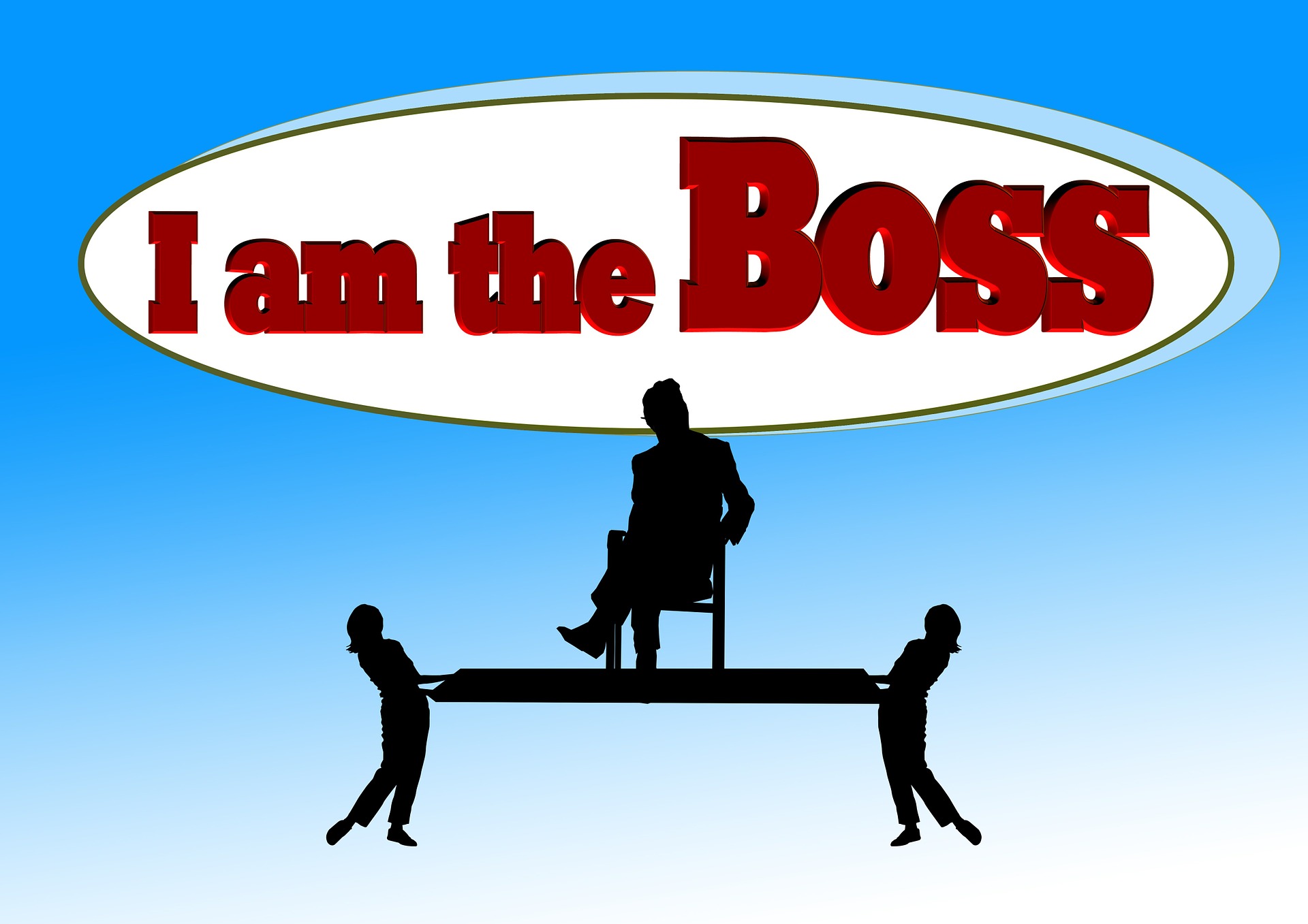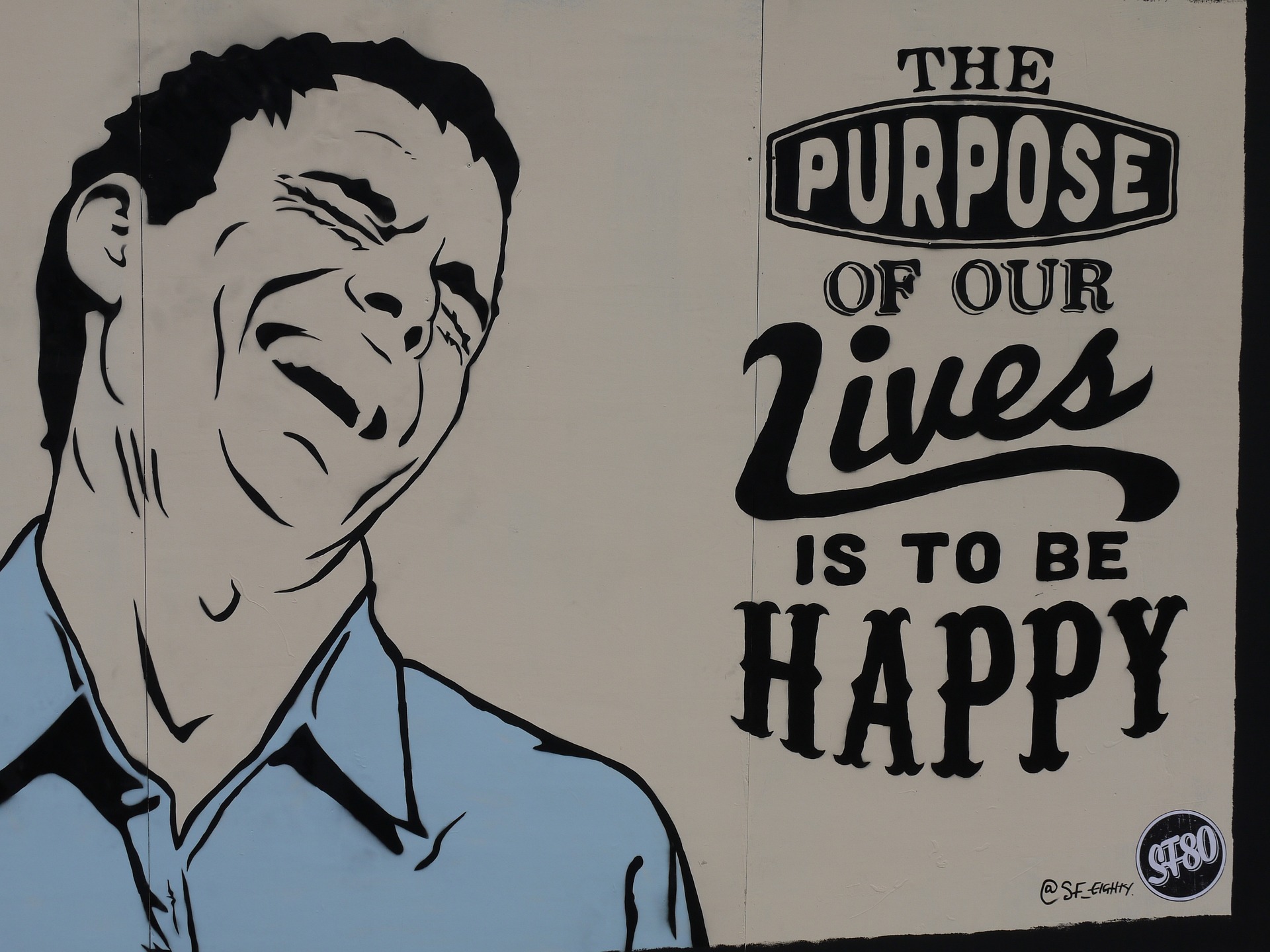
9 INTERVIEW QUESTIONS YOU NEED TO KNOW HOW TO ANSWER
BY BIANCA LONDON FOR MAILONLINE IN FEBRUARY 2016
What are you proud to have accomplished at your last job?
This question gives the interviewer the opportunity to learn your strengths. Simply saying: ‘I increased social media engagement’ isn’t going to give your interviewer a sense of what you accomplished. Instead, tell them how you increased social media engagement for the company and why your help was valuable.
It’s important to master the art of the humble brag to make a good impression. Feeling proud of your accomplishments is fine. Endlessly discussing your value to the last company you worked for gives the impression you are arrogant.
How would your previous manager describe you?
Why are you being asked? An interviewer will use this question to gauge how you see yourself in manager’s eyes, and to determine how well you get along with management.
Remember, if you’ve given (or plan to give) your previous manager as a reference, the interviewer can confirm your answer to this question, so it’s best to be as honest as possible. Talk about your attitude toward work, ability to work in a group and the positive aspects of your working relationship with your old manager. If you don’t get along with your old manager, try not to let this influence your response, and instead talk about your role within your previous team.
Why are you looking to leave your current job?
The interviewer wants to know that you have clearly thought through your decision to leave your current job, and that you know what you want out of your next role.
Never use this question as an excuse to complain about your current or previous employer, as it will make you sound unprofessional! Instead, take the opportunity to explain areas in which you’d like to be more challenged, projects you haven’t had the opportunity to work on, or simply elaborate on why this move is right for you at this time. Focus on the positive aspects of what else you have to offer professionally and how it fits within the role you’re applying for.
Tell me about a time when you messed up at work. How did you fix your mistake?
Everyone makes mistakes, but not everyone has the ability to quickly solve them on their own.
This question is not a trap. It’s the employer’s way of learning if you are able to fix your mistakes. Honestly talk about a mistake you made, but focus mainly on how you solved the problem.
Begin by saying: ‘A time I messed up at work was when I gave a customer a quote that was considerably lower than it should have been. I realised my mistake and immediately told my boss about the situation. I knew the business was going to take a hit financially, so I offered to work longer hours until I had worked off the debt from my mistake.’
What is your five-year plan?
When interviewers ask this question, they want to know if you will last at the company.
Picture where your career is going. Maybe the job you’re applying for is only a stepping stone to a bigger and better career. Letting your potential employer know their business is nothing more than a pit stop on your career road trip could cost you the job.
What is one of your flaws?
This question is very often treated as a joke or a way to turn a negative into a positive (I’m too perfect. I’m an overachiever. I never give up), said Annie Griffin, Chief Happiness Officer at Manifest London.
‘When people recognise a flaw it shows a hunger for improvement and that is always desirable.’
Describe how an apple tastes to someone who can’t taste.
There isn’t a right or wrong answer to this question. This question reveals your ability to think critically. Take a moment to think about how you will respond.
One way to answer the question is: ‘I would describe the taste of an apple as refreshing because of how juicy they are. While a person may not be able to taste, they can probably feel the juice as they bite into the apple. When I think about apples, I imagine the fresh, juicy sensation that comes with taking my first bite.’
What religious holidays do you practice?
It is illegal for an interviewer to ask you about your religion, age, marital status, if you’re a parent, or your sexual orientation. Employers use these questions to discriminate against applicants in the hiring process.
Don’t assume your interviewer is intentionally asking illegal questions. One in five interviewers unknowingly asks an illegal interview question based on CareerBuilder’s April survey.
If you feel comfortable answering the question, just answer it.
Do you have any questions?
This is an opportunity for you to determine if you’re right for the company, but the interviewer will also use this to uncover what’s important to you in your career.
Prepare plenty of questions in advance because most of the answers will likely be covered during the interview itself. When you are given the opportunity to ask questions it’s important that you have at least one question to ask.






